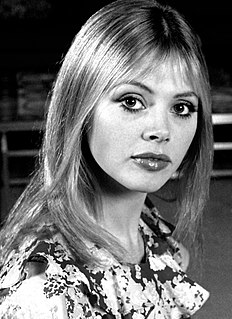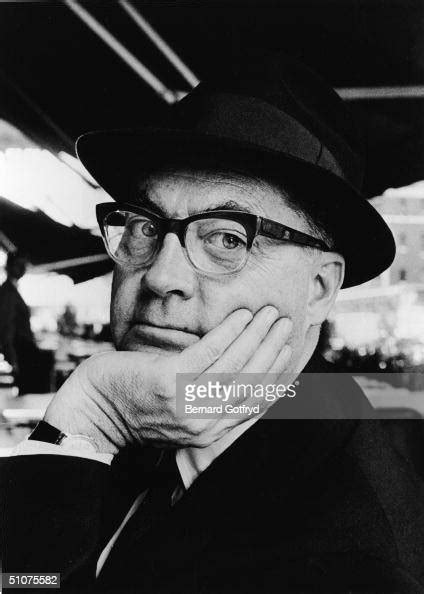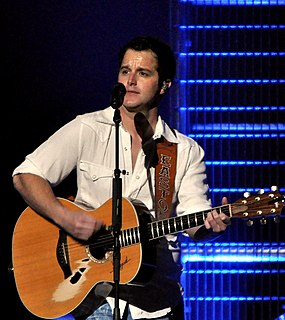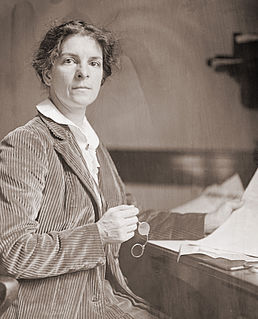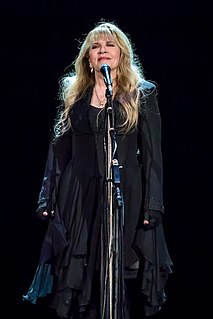A Quote by Kurt Vonnegut
He is in a constant state of stage fright, he says, because he never knows what part of his life he is going to have to act in next
Related Quotes
We are not what we seem. We are more than what we seem. The actor knows that. And because the actor knows that hidden inside himself there's a wizard and a king, he also knows that when he's playing himself in his daily life, he's playing a part, he's performing, just as he's performing when he plays a part on stage.
I got on stage and I went, "Oh wow. No stage fright." I couldn't do public speaking, and I couldn't play the piano in front of people, but I could act. I found that being on stage, I felt, "This is home." I felt an immediate right thing, and the exchange between the audience and the actors on stage was so fulfilling. I just went, "That is the conversation I want to have."
Never lose yourself on the stage. Always act in your own person, as an artist. The moment you lose yourself on the stage marks the departure from truly living your part and the beginning of exaggerated false acting. Therefore, no matter how much you act, how many parts you take, you should never allow yourself any exception to the rule of using your own feelings. To break that rule is the equivalent of killing the person you are portraying, because you deprive him of a palpitating, living, human soul, which is the real source of life for a part.
... the divine knowing - what the Father knows, and what the Word says in response to that knowing, and what the Spirit broods upon under the speaking of the Word - all that eternal intellectual activity isn't just daydreaming. It's the cause of everything that is. God doesn't find out about creation; he knows it into being. His knowing has hair on it. It is an effective act. What he knows, is. What he thinks, by the very fact of his thinking, jumps from no-thing into thing. He never thought of anything that wasn't.
And from the first moment that I ever walked on stage in front of a darkened auditorium with a couple of hundred people sitting there, I was never afraid, I was never fearful, I didn't suffer from stage fright, because I felt so safe on that stage. I wasn't Patrick Stewart, I wasn't in the environment that frightened me, I was pretending to be someone else, and I liked the other people I pretended to be. So I felt nothing but security for being on stage. And I think that's what drew me to this strange job of playing make-believe.
You always get nervous on stage because when you get up there, you want to do great. The crowd has you pumped up so there are always a little bit of butterflies. That's all part of it. But as far as getting stage fright, clamming up there, not generally, I just enjoy it on stage and have a great time.







